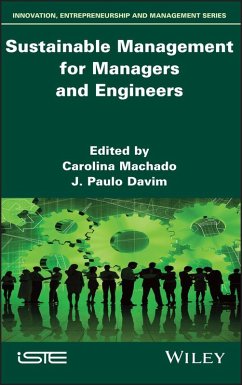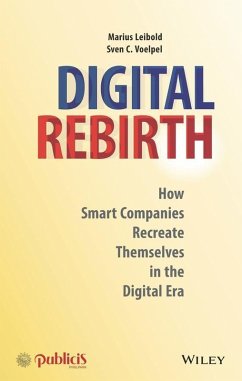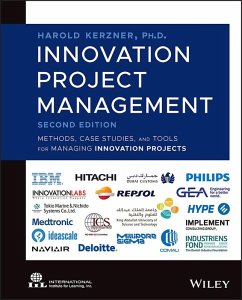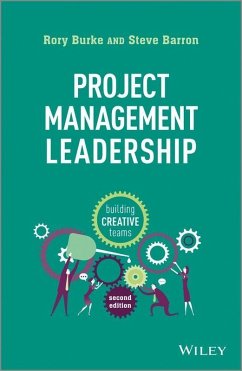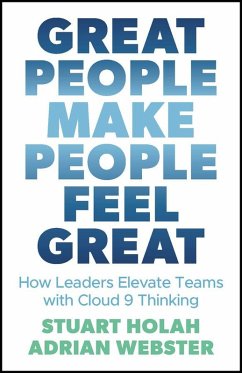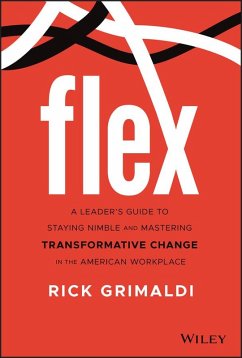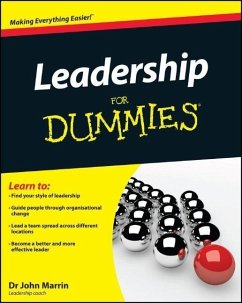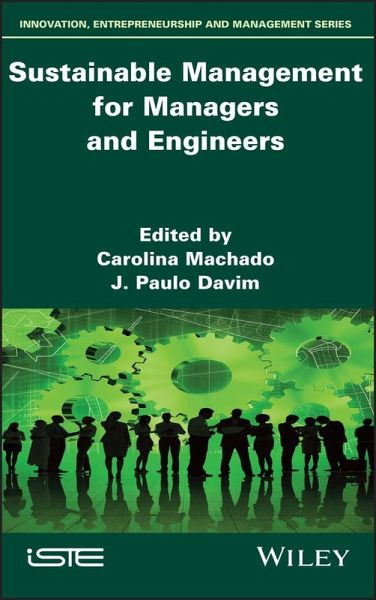
Sustainable Management for Managers and Engineers (eBook, PDF)
Versandkostenfrei!
Sofort per Download lieferbar
156,99 €
inkl. MwSt.
Weitere Ausgaben:

PAYBACK Punkte
0 °P sammeln!
In a competitive and complex world, where requirements from different fields are ever-growing, organizations need to be responsible for their actions in their respective markets. However, this responsibility must not be deemed one-time-only but instead should be seen as a continuous process, under which organizations ought to effectively use the different resources to allow them to meet the present and future requirements of their stakeholders. Having a significant influence on their collaborators performance, the role developed by managers and engineers is highly relevant to the sustainabilit...
In a competitive and complex world, where requirements from different fields are ever-growing, organizations need to be responsible for their actions in their respective markets. However, this responsibility must not be deemed one-time-only but instead should be seen as a continuous process, under which organizations ought to effectively use the different resources to allow them to meet the present and future requirements of their stakeholders. Having a significant influence on their collaborators performance, the role developed by managers and engineers is highly relevant to the sustainability of an organization s success. Conscious of this reality, this book contributes to the exchange of experiences and perspectives on the state of research related to sustainable management. Particular focus is given to the role that needs to be developed by managers and engineers, as well as to the future direction of this field of research.
Dieser Download kann aus rechtlichen Gründen nur mit Rechnungsadresse in A, B, BG, CY, CZ, D, DK, EW, E, FIN, F, GR, HR, H, IRL, I, LT, L, LR, M, NL, PL, P, R, S, SLO, SK ausgeliefert werden.




